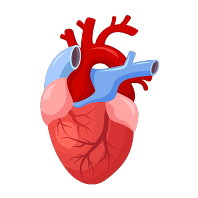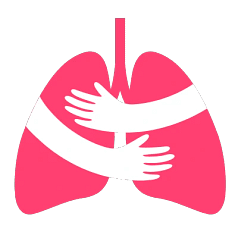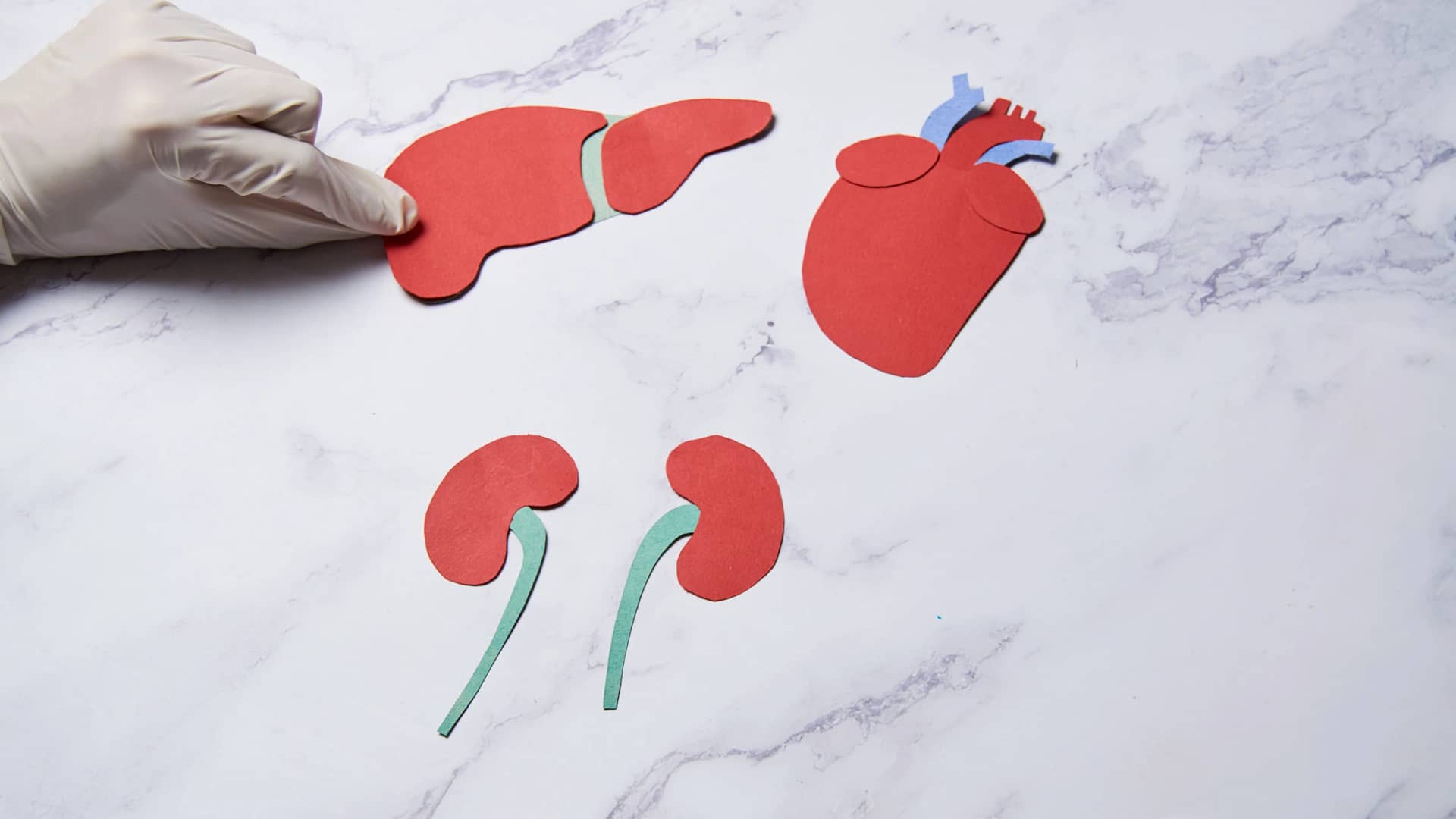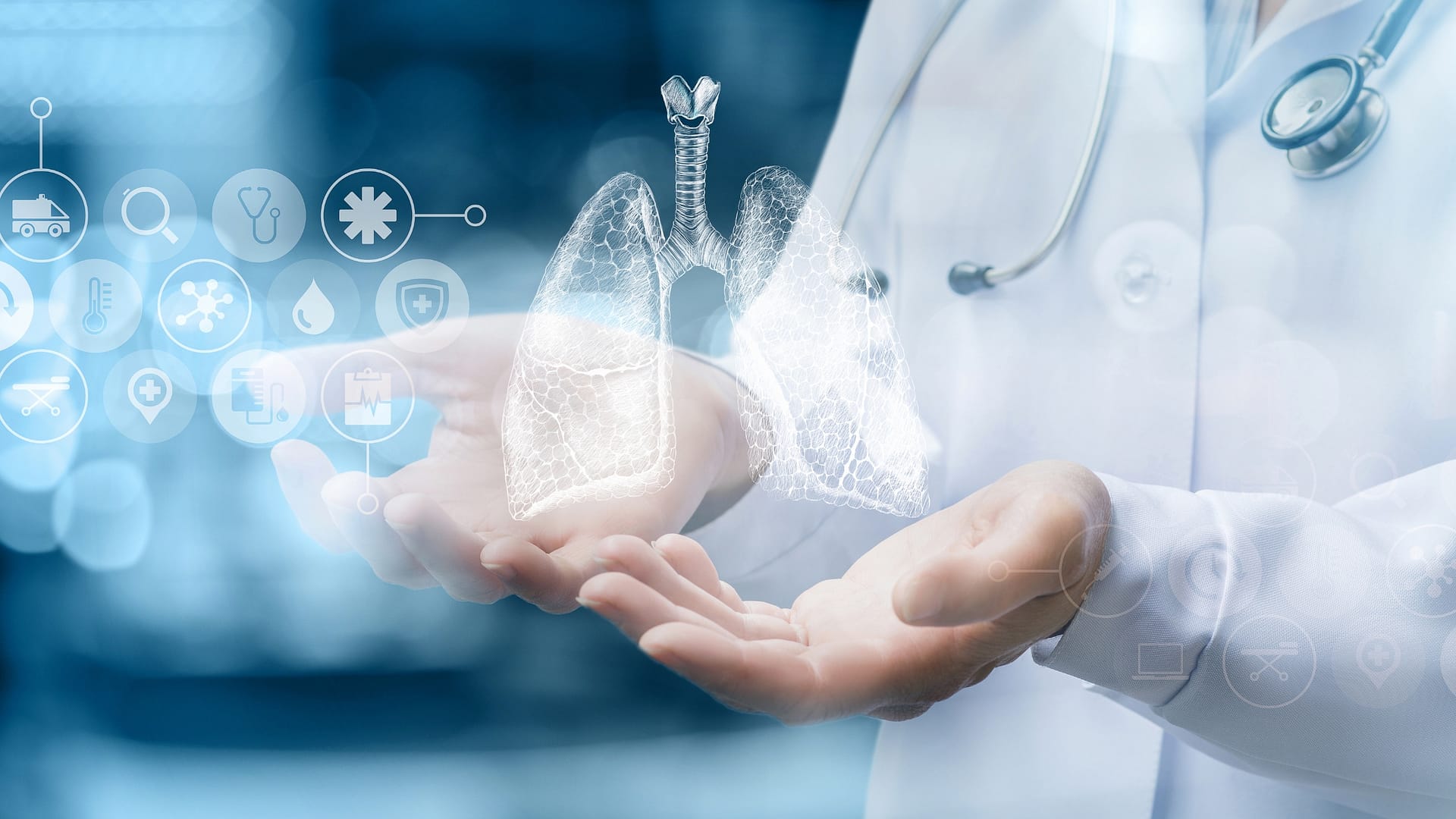Table of Contents
Introduction: The Gift of Life Through Organ Donation
Donating an organ is a very kind thing to do that gives people in need hope who are struggling with their health hope. By providing organs to patients with failing organs, you can contribute to improving and even saving lives. In this guide, We will discuss the importance of organ donation and describe what organs can be donated.
What Organs Can Be Donated?
Organ donation involves the generous gift of organs and tissues from one person to another. We can donate various organs and tissues to help patients in need. Here’s a breakdown of the what organs can be donated.
Heart: The Ultimate Symbol of Life and Love

The heart, a crucial organ that pumps blood throughout the body, can be donated. Heart transplants are suggested for patients with severe heart failure or congenital heart defects. Giving someone your heart can help them live longer and better.
Lungs: Giving others a breath of fresh air

The lungs play a pivotal role in regulating the body’s respiratory system.
The usual lung transplant recipients are patients suffering from end-stage lung diseases like cystic fibrosis or chronic obstructive pulmonary disease (COPD). Donating your lungs gives hope to people with trouble getting enough air.
The Liver, a Gift of Regeneration

The liver is the only organ of the human body that can repair it-self, which helps with things like detoxification and metabolism. Patients with severe liver damage benefit from liver transplants. Donating a portion of your liver can save a life, as the liver can regenerate in both the donor and the recipient.
Kidneys: Doubling the Impact

The kidneys clean the blood of waste and extra liquids. Living donors can provide one of their kidneys to those with kidney failure. The remaining kidney compensates for the loss, allowing the donor and recipient to lead healthy lives.
Pancreas: Balancing Blood Sugar

The pancreas makes insulin, which controls how much sugar is in the blood. Pancreas transplants benefit patients with type 1 diabetes. Combined kidney-pancreas transplants can also address kidney and pancreas failure simultaneously.
Intestines: Restoring Digestive Function

In rare cases of intestinal failure, intestine transplants can restore the ability to digest and absorb nutrients. Donating intestines can transform the life of someone struggling with severe gastrointestinal issues.
Corneas: Bringing Back Sight

Corneas, the clear front surface of the eye, can be donated to restore vision in individuals with corneal blindness. Cornea transplants are relatively simple yet profoundly impactful procedures.
Skin and Bone: Healing and Rebuilding
We can also donate skin and bone tissues to aid in burn treatment, reconstructive surgeries, and bone grafts. Donating these tissues contributes to the healing and rehabilitation of patients.
Hands and Face: Restoring Function and Identity
Complex transplants like hand and face transplants have revolutionized medical possibilities. Donating these intricate structures can give recipients physical function, a sense of identity, and normalcy.
The Importance of Organ Donation

Organ donation has a great impact on both the donors and recipients. For recipients, it grants a chance to enter a new life and improved quality of life. It gives donors a chance to leave behind a memory of kindness and generosity.
Not having enough organs for transplantation emphasizes the need to sign up to be a donor.
Those in desperate need of organ transplants can benefit significantly from donations.
Becoming an Organ Donor: How You Can Contribute
Becoming an organ donor is a straightforward process that can be done in a few simple steps:
Register: Sign up as an organ donor through your country’s official organ donation registry or online platform.
Express Wishes: Inform your family about your decision to become an organ donor, so they can respect your wishes.
Carry a Donor Card: Carry an organ donor card in your wallet or smartphone to indicate your willingness to donate.
Update Regularly: Ensure your donor status is current in the registry and on your identification documents.
Spread Awareness: Share your decision with friends and family to encourage them to consider organ donation.
FAQs About Organ Donation
Q: Can I donate organs if I have a medical condition?
A: Medical conditions often do not automatically disqualify you from donating. The medical team will decide if an organ is good enough for transplant use.
Q: What’s the difference between living and deceased organ donation?
A: Living donors donate organs while alive, often kidneys or portions of the liver. Deceased donors have their organs donated after they pass away.
Q: Can I choose which organs to donate?
A: You can specify which organs you’d like to donate. However, It will be determined by the medical team before transplantation.
Q: Will organ donation affect funeral arrangements?
A: Organ donation is respectful of cultural and religious practices. The body is treated with care, and open-casket funerals are possible.
Q: Can I donate organs if I’m older?
A: Age is not the sole determining factor. Organs are assessed individually for transplantation suitability.
Q: What’s the waiting list like for organ transplants?
A: The waiting list varies by organ and region. Factors like medical urgency, compatibility, and availability play the major role.
Conclusion:
Giving the gift of life through organ donation is truly remarkable. You can be a part of a road that saves lives and provides people and their families hope, joy, and fresh possibilities if you are knowledgeable about the what organs can be donated and if you take the initiative to donate them.
Then why do you wait? Begin the process of becoming an organ donor right now, and provide those who are in need with the gift of hope.



